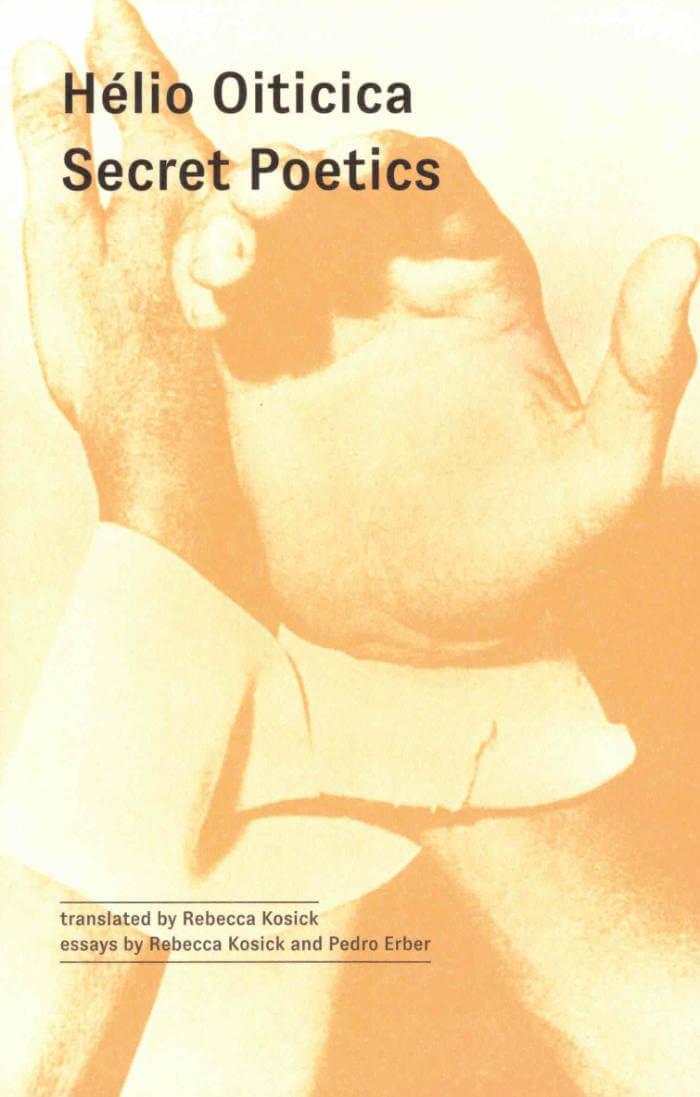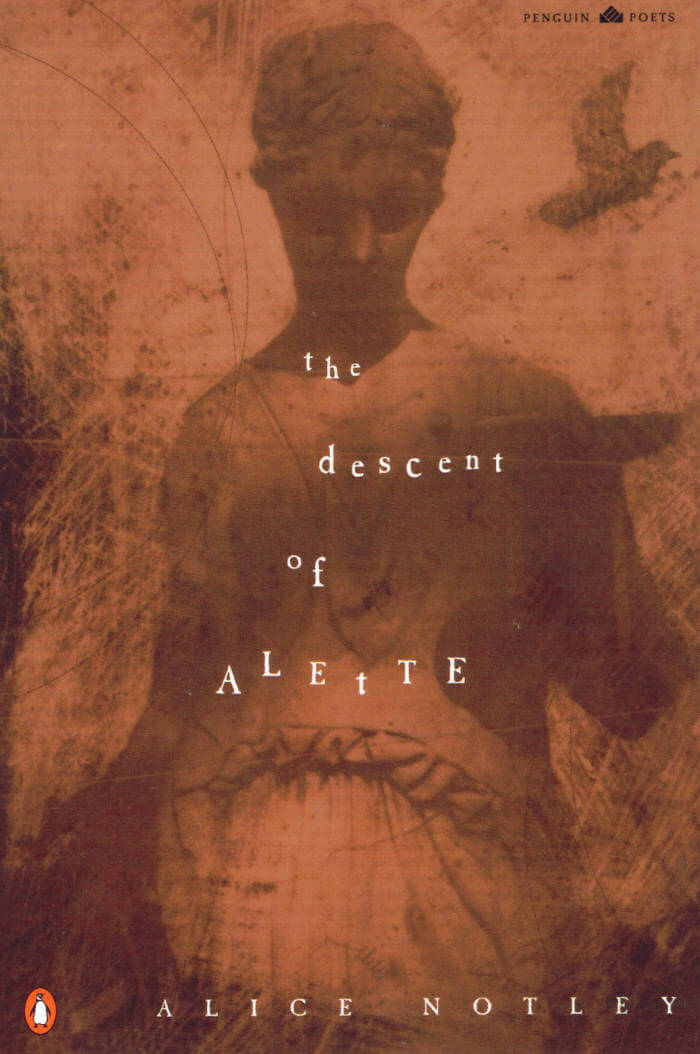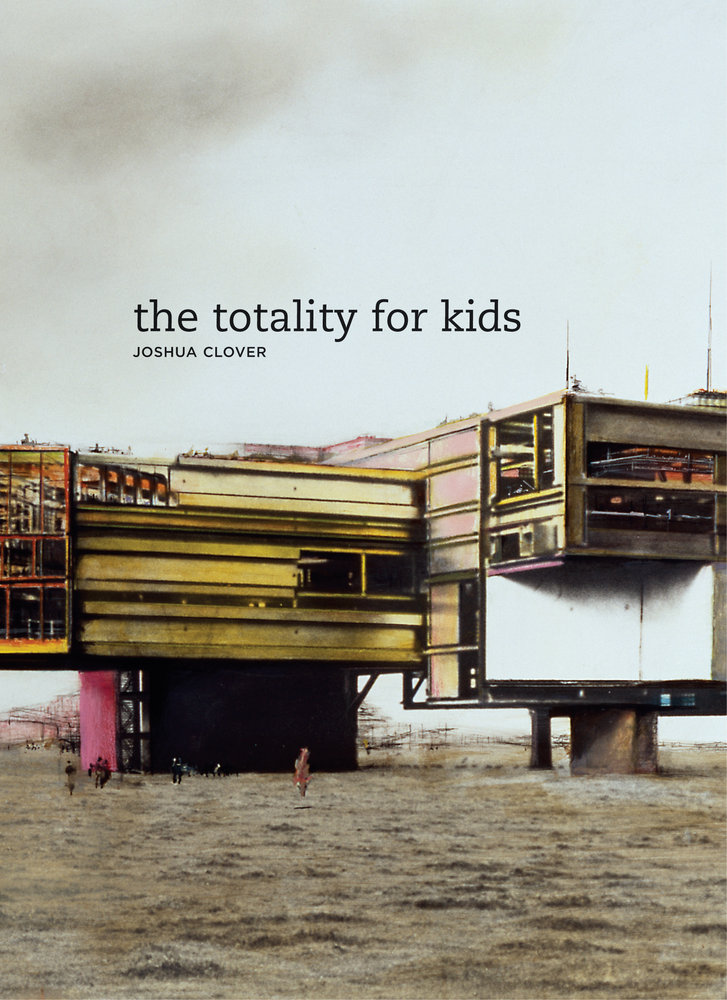
Vloekschrift
‘Arno Van Vlierberghe makes an impressive entrée into the poetry scene in the Low Countries with his first collection Vloekschrift, nominated for the C. Buddingh’-prize for the best debut volume of verse.’ (Patrick Peeters on Poetry International Web)
Arno Van Vlierberghe (1990) is dichter. Hij leeft, woont en werkt in Gent. Zijn werk verscheen her en der, offline en online. Vloekschrift is zijn debuutbundel.







